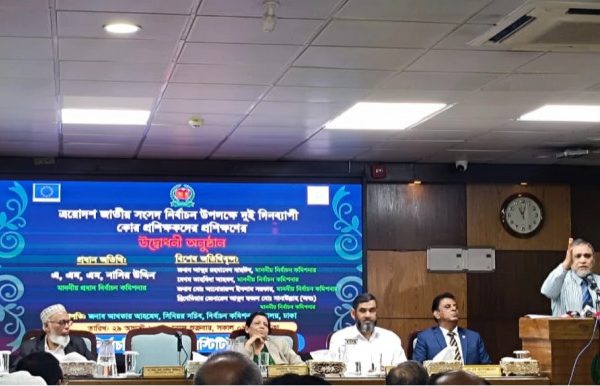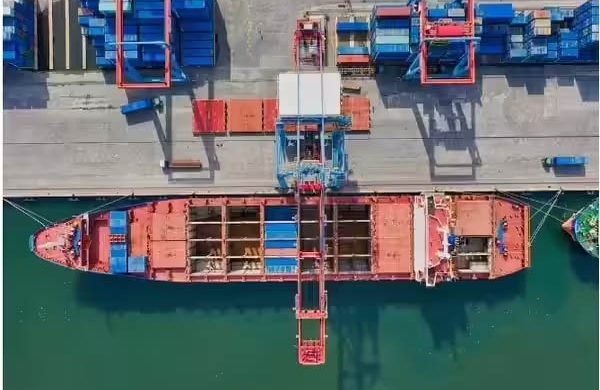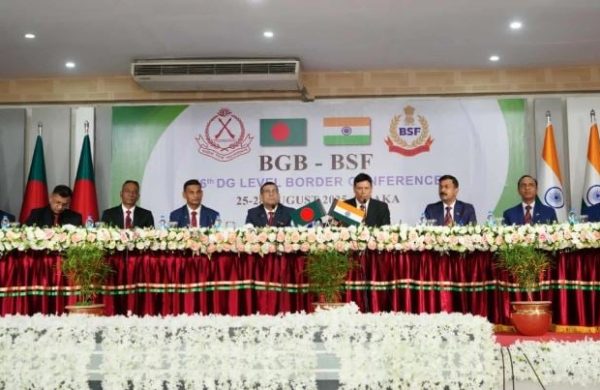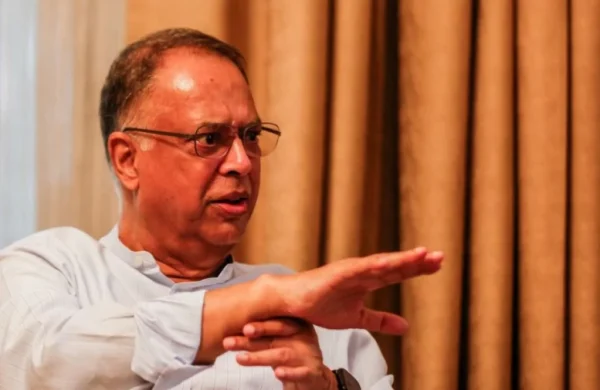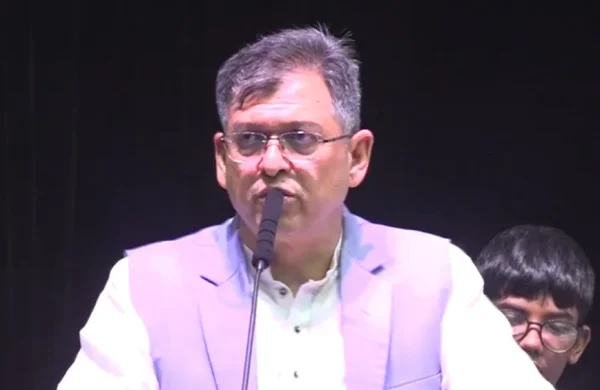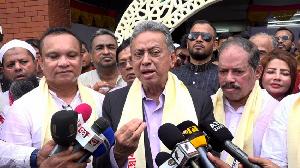No clear solution for Rohingya repatriation: Foreign Affairs Adviser
- Update Time : Friday, August 29, 2025
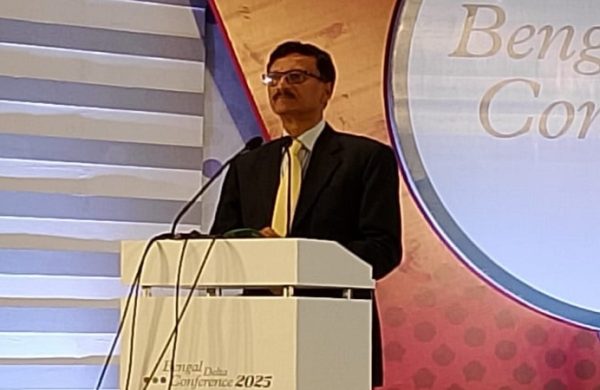
TDS Desk:
Foreign Affairs Advisor Md. Touhid Hossain has said that the country is approaching a critical juncture in the Rohingya crisis, with no clear solution in sight and growing concern over its long-term impact on the country and the region.
Speaking at the opening of the Bengal Delta Conference 2025 at the Ruposhi Bangla Ballroom of Hotel Intercontinental in the capital on Friday, Touhid described the situation as the most complex and pressing challenge Bangladesh currently faces. The event was organized by the Dhaka Institute of Research and Analytics (DAIRA).
“We are not just dealing with a humanitarian issue anymore—it’s becoming a structural crisis,” Touhid said. “The Rohingya population is growing, especially among the youth. A new generation is coming of age inside the camps, and they will not be content living under such restrictive conditions. Whether they accept the current system is now in serious doubt.”
Recalling the early days of the crisis, Touhid said that he had warned that the situation would not be temporary. “When the influx began, many believed the Rohingyas would return soon. I said then, and I repeat now, this crisis will persist because Myanmar’s military leadership is intent on erasing the Rohingya presence from their territory. Repatriation, under such conditions, is nearly impossible.”
He warned that the implications go beyond Bangladesh. “This is no longer a local problem—it has regional and even global dimensions. If left unresolved, it could reshape security dynamics across South and Southeast Asia.”
Touhid also commented on the broader geopolitical shifts shaping global affairs. “The international landscape is changing rapidly. Conflicts like Gaza and Ukraine reflect deeper geopolitical rivalries, while sudden escalations—such as the recent US-Israel strike on Iran—underscore how unpredictable the world has become.”
He noted the changing alliances in Asia as well. “Strategic ties between the U.S. and India once seemed solid, especially through platforms like the Quad. But trade tensions, such as those sparked by Trump-era tariffs, have pushed India and China closer on some fronts. Asia now has an opportunity to assert greater influence.”
Despite the challenges, Touhid expressed hope for Bangladesh’s future, particularly after the political transformation of July 2024. “The emergence of youth leadership that ended authoritarianism has opened the door to new possibilities. We may have lost the opportunity for full democracy in 1990, but young people are learning from history and leading with purpose.”
He emphasized the need to invest in the country’s youth. “To shape a future grounded in vision and resilience, we must equip students not just with academic knowledge, but also with practical, skill-based education. From primary to higher education, we need to build a generation ready to take responsibility.”


